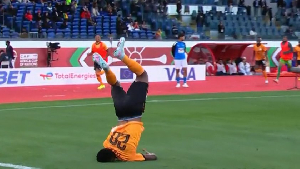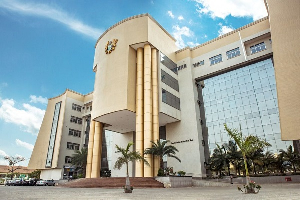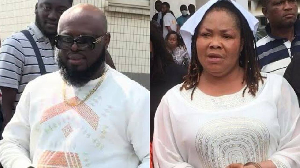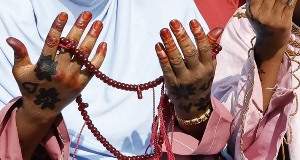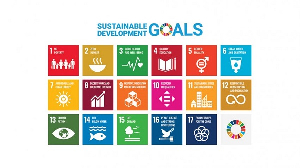Asantehene Otumfuo Osei Tutu II has said the resolution of the Dagbon crisis through Alternative Dispute Resolution has reinforced his “belief in our old fashioned and time-tested way of resolving issues through dialogue”.
His majesty has told the United Nations that the Dagbon conflict of Northern Ghana had “all the potential to escalate and spin out of control; it was every inch as complex as any of the issues that have given Africa such a bad name”.
Delivering the Keynote Address at the United Nations High Level Forum on the Culture of Peace – 20th Anniversary, convened by the President of the 73rd Session of the General Assembly in New York, USA Friday morning, he said “traditional leaders applying time-honored traditional processes demonstrated their capacity to win the peace” after 17 years of protracted conflict in Dagbon.
The 20th Anniversary was under the theme, “The Culture of Peace: Empowering and Transforming Humanity”.
The one-day High-Level Forum was intended to be an opportunity for the UN Member States, observers, UN system entities, civil society, including NGOs, academia, media, private sector, and all interested parties, to exchange ideas and make suggestions on the ways to build and promote the Culture of Peace.
Otumfuo Osei Tutu II was appointed by the then president, J.A. Kuffour to head the Committee of Eminent Chiefs to find a lasting solution to the protracted Dagbon chieftaincy dispute following the gruesome murder of Ya-Naa Yakubu Andani and his subjects.

Other members of the committee included Yagbonwura, Tuntumba Boresa Sulemana Jakpa I and Nayiri, Naa Bohagu Abdulai Mahami Sheriga.
A new Ya-Naa, Abubakari Mahama II has been enskinned following the successful revolution of dispute by the Otum Cofuommittee, bringing peace to the Dagbon area which was lacking for many years.

Sustaining the Culture of Peace, he reminded the forum, requires among others, “nonviolence and respect for human rights, respect and solidarity among all people and dialogue between cultures and equality between women and men.
He said “it is unpardonable” that wealth of knowledge and expertise among traditional rulers in Africa “is wasted because we cannot evolve to get the best out of our birthright”.
The Ashanti King urged all member states of the UN to chart the course of partnership and “seek appropriate pathways in promoting and sustaining global culture of peace”.
General News of Saturday, 14 September 2019
Source: mynewsgh.com



